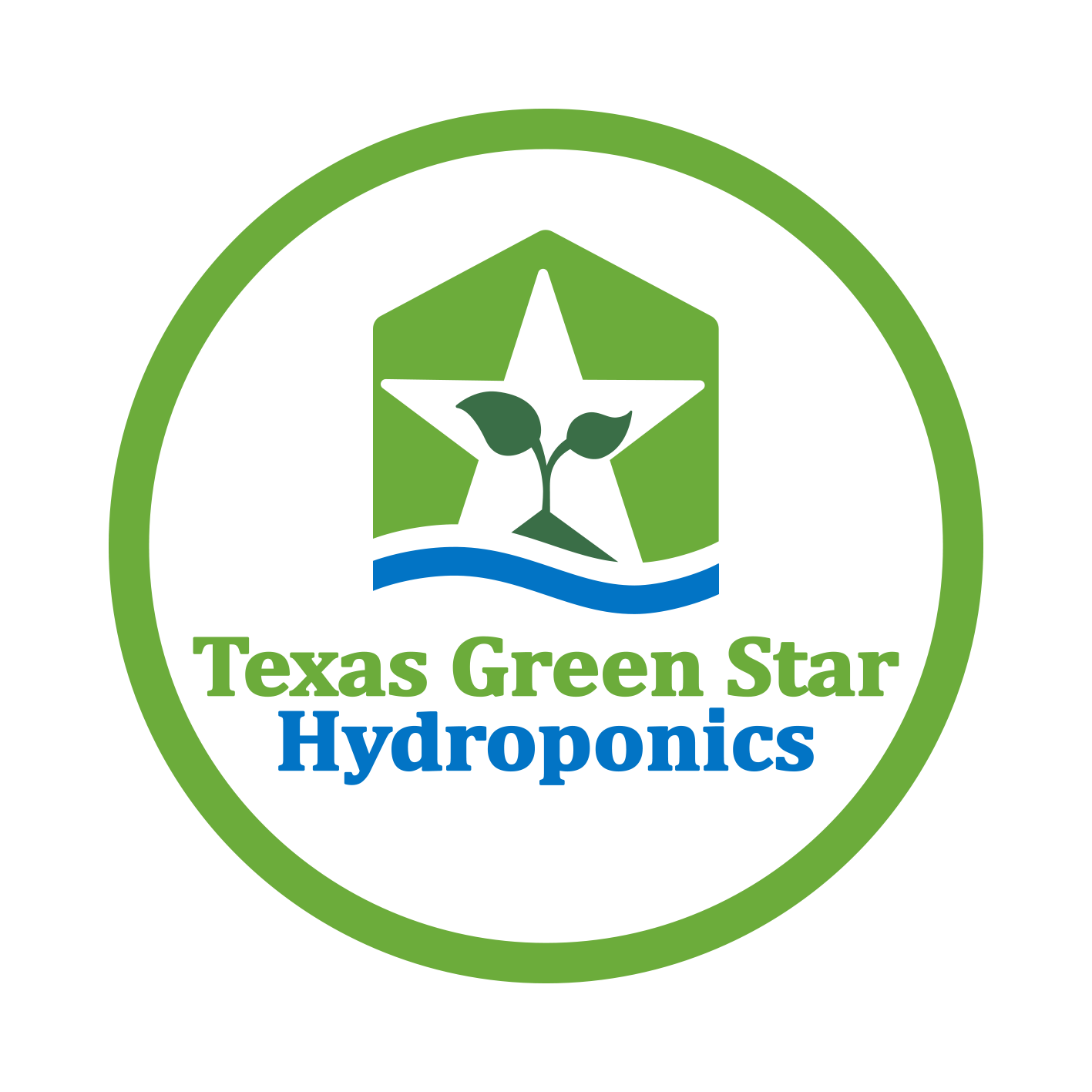Given the setbacks suffered by indoor ag in recent months — from bankruptcies, including vertical farmer Kalera in the U.S. and greenhouse grower Lakeside Produce in Canada to massive layoffs like those at Germany-based Infarm — controlled environment agriculture isn't quite the silver bullet that will feed the world some had hoped.
But CEA success stories remain. Consider greenhouse grower Little Leaf Farms, Devens, Mass., which says it's on track for a banner year in 2023 — projecting it will break $100 million in sales by the end of the calendar year.
The brand says it recently rose to the No. 3 position in all packaged lettuce sales in the Northeast, inclusive of field-grown greens. Citing Nielsen data for the 52 weeks ending Feb. 25, 2023, Little Leaf Farms says it has maintained its leadership position in the CEA segment, with now nearly double the sales of the No. 2 CEA brand.
And Little Leaf Farms isn't done. It has an aggressive expansion goal of 100 acres under glass by 2026 — a goal, which the company says it is well on its way to achieving.
What's Little Leaf Farms doing right? To find out, The Packer recently spoke with Little Leaf Farms founder and CEO Paul Sellew.
The following has been edited for length and clarity.
To what do you attribute your success where others have failed?
Sellew: There's been a lot of talk about CEA being a tech play. I know that sounds very obvious, but we are a farming company. We're a grower. We're a packager. We're a marketer of branded food. We are not a tech company. We're a farming company, and we're going to remain a farming company.
I can't speak for other companies, but I can speak for Little Leaf. We have defined our business in a straightforward manner, and I think that has served us well because it's all about the products we grow. It's about the way we run our operations. It's about fulfilling our customer needs and delighting them with great products.

Paul Sellew
It's an interesting point you're making on the difference between farmers and tech companies.
So much capital has been raised in the CEA space around tech plays, right? But meanwhile, their business model is actually producing a vegetable that they're trying to sell. We've never confused that point from day one. And that's not to say we don't have best-in-class technology. We really do. We consider ourselves technologists, but technology is in service of what we do, which is growing great vegetables so that we can delight our customers, who will then want to eat more of them. That's our business.
Do you see a significant difference between greenhouse-grown and vertical farms?
Let me state a couple more obvious points — let's do a shout out for the sun. Right? It's a 100% reliable, full photosynthetic spectrum to grow plants. It's free and there's zero carbon emissions. So why would you ever design a process to replace the sun? That's why we employ greenhouse technology. Greenhouse growers need supplemental grow lights, and we employ them for the fall, winter and spring, when we have low-light conditions. But the key word is "supplemental." If you are a vertical farm, you are eliminating the use of this 100% reliable, free resource for growing plants.
What do you make of some of the recent greenhouse failures?
There's a lot of vegetables that are grown in greenhouses. We decided to grow baby leaf lettuce. We think it's an emerging crop that has not really been figured out yet at a wide scale.
Tomatoes, peppers, cucumbers, the various berry crops, eggplants — we're not in those markets. We're in a specific market that is really kind of new. A lot of [our success] boils down to that. This is a hard business, even if you do it really well, which I think we do. And there are other greenhouse operators that do it well also. You have live biological plants that you're responsible for and the care and tending of those plants are never-ending. It's 365, 24/7. So, on the best of days, it's a hard business. You've got to select the best technology and you have to combine that with the best people —and then it's still a hard business.
Farming has never been an easy or a simple business and just because we have a lot of so-called fancy technology with CEA, it doesn't make it easier.
We covered your recent partnership with Tops Markets to bring lettuce to Tops stores within 24 hours of harvest. Are there additional retail partnerships that are going to help bring you to this milestone of more than $100 million in sales this year?
We're in 3,500 grocery stores right now. We have incredible customers. The retail grocers have really relied on Little Leaf and the quality of our products when there's been periodic supply disruptions. We've built great trusting relationships with our retail and foodservice customers the old-fashioned way. I mean, it's all about day-to-day execution, right? They can rely on us as a supplier.
What are your plans for expansion?
We have built three different greenhouses, which is now an integrated production facility, over the last seven years in Massachusetts. We'll soon be tripling our capacity when we open our facility in McAdoo, Pa., and we will continue marching down the East Coast. We're building every year and we look to maintain that schedule.
How does the shelf life of your products compare to field grown?
We package and deliver to the store within a 24-hour window. We give the retailer the benefits of all that shelf life that is eaten up if you have to transport it thousands of miles, which is the current industry norm. So, we give our retail partners a fresher product and give them more time to sell it, and then ultimately give the consumer a fresher, better-tasting product.
We service the Northeast and mid-Atlantic states in the U.S., with a heavy concentration in the New England and in the Northeast markets.
What excites you most about the future of Little Leaf?
I got into greenhouse production when tomatoes were really ramping up, and now it's the dominant method of growing tomatoes. It wasn't like that 30 years ago, and I think we're seeing a similar transformation with leafy greens.
I think you'll continue to see the benefits of controlled environments — building these high-tech greenhouse operations that are outside of all the major urban areas in the United States that give the consumer the benefits of a fresher, crisper, better-tasting leafy green.













